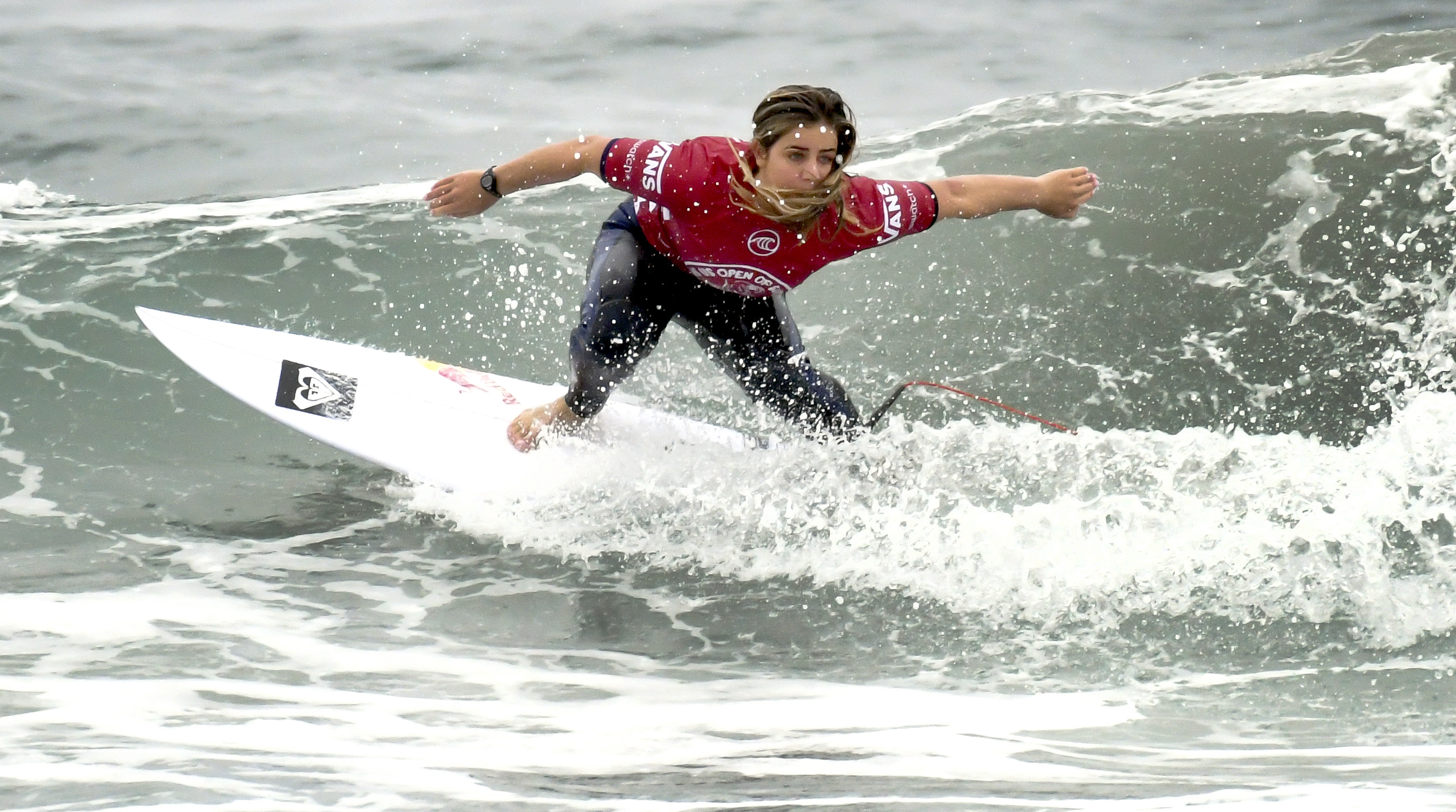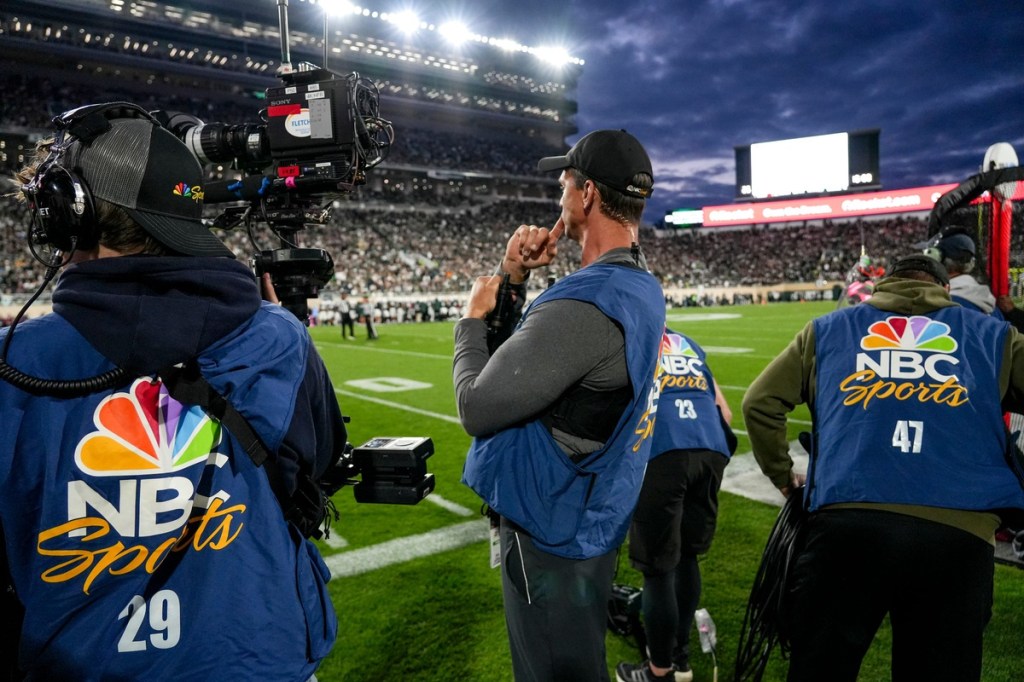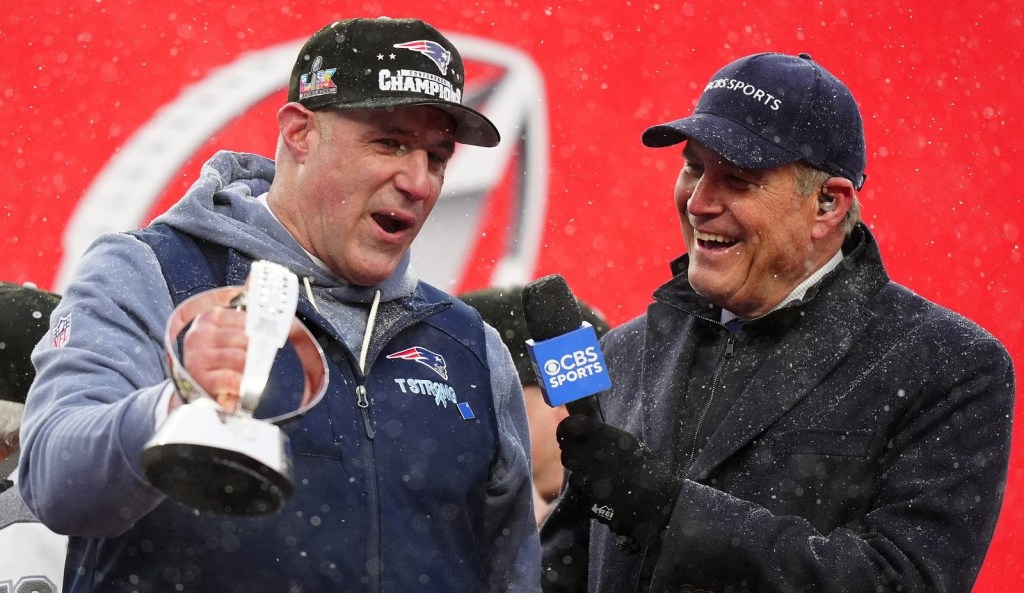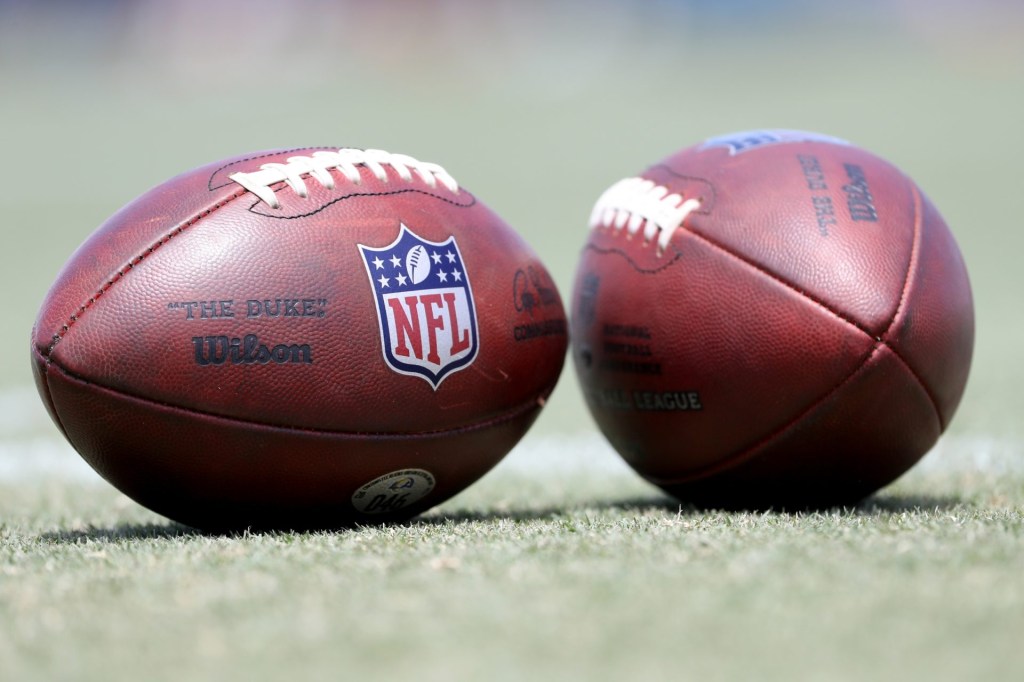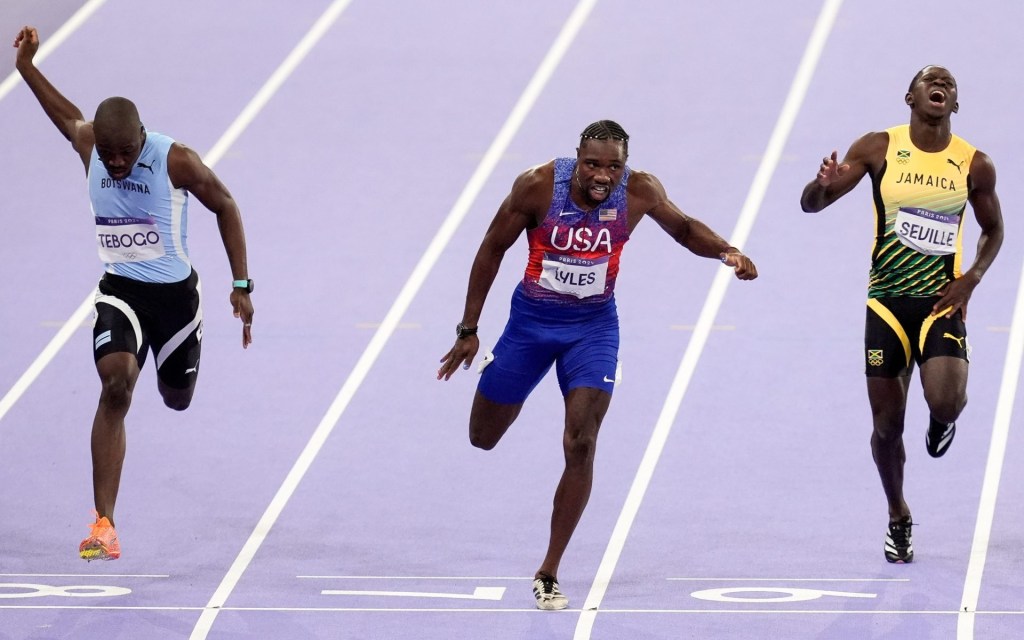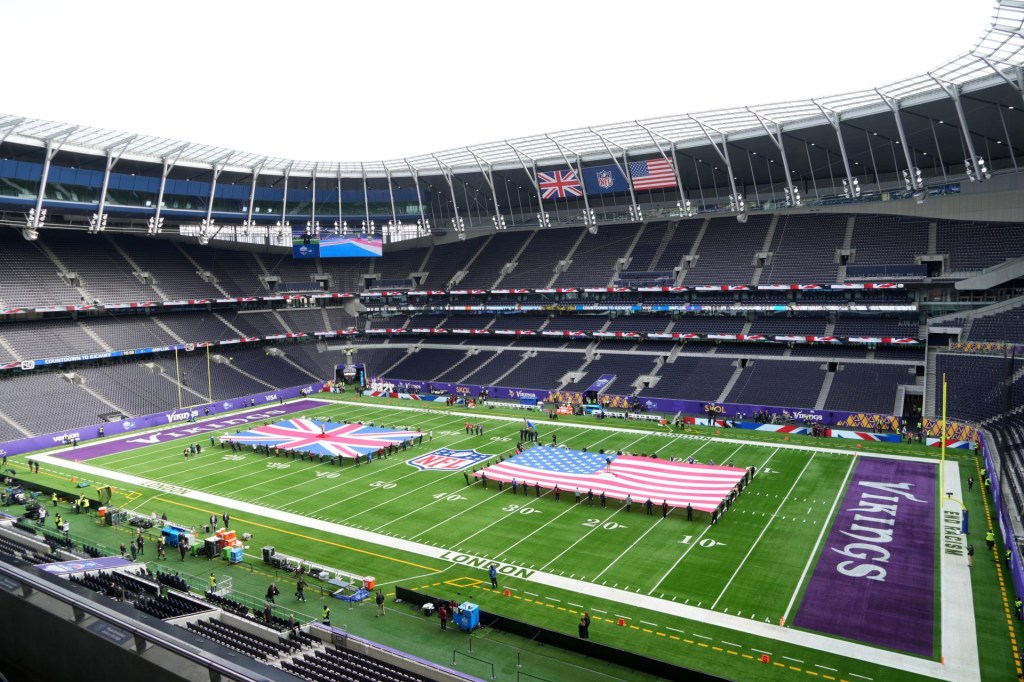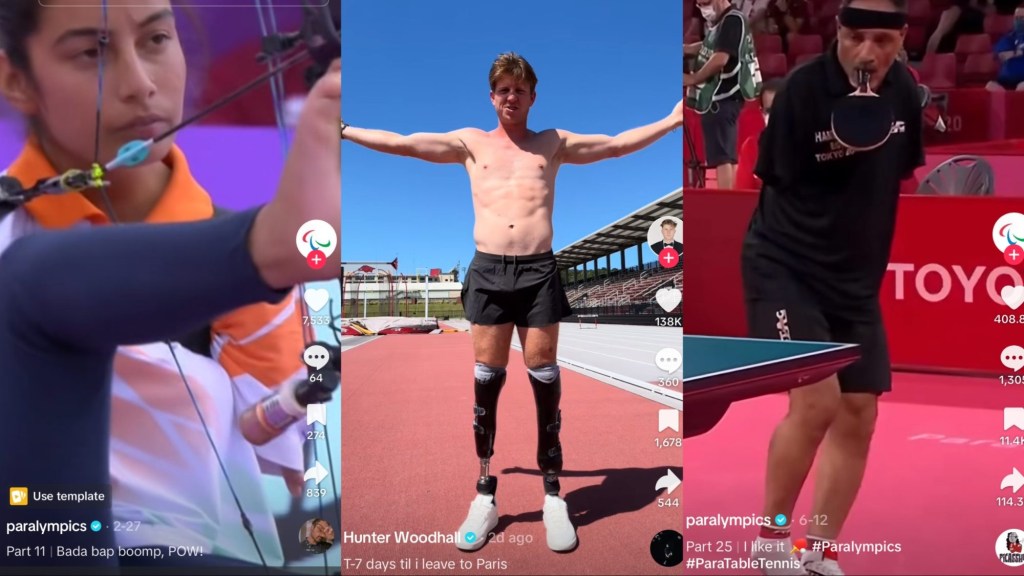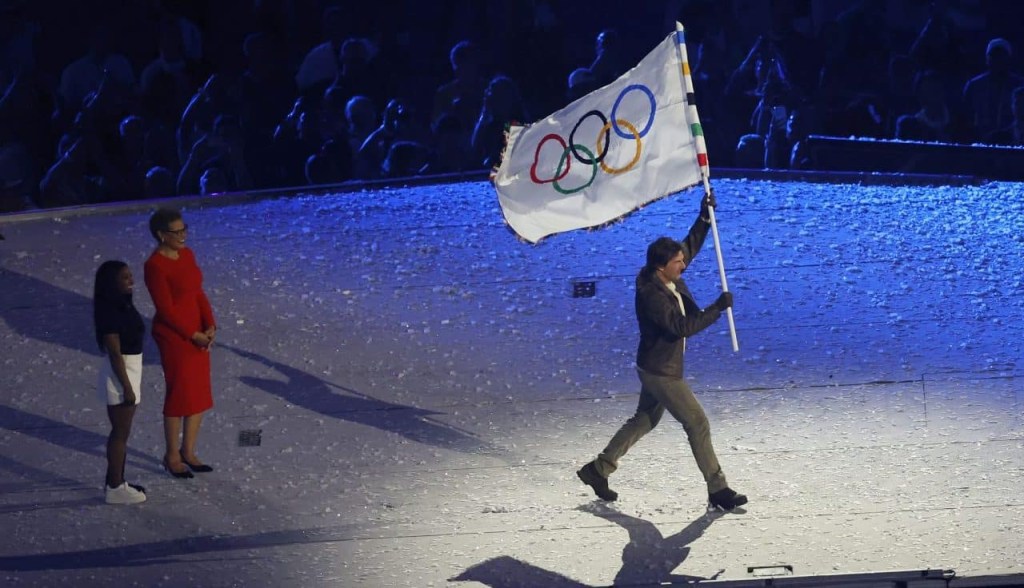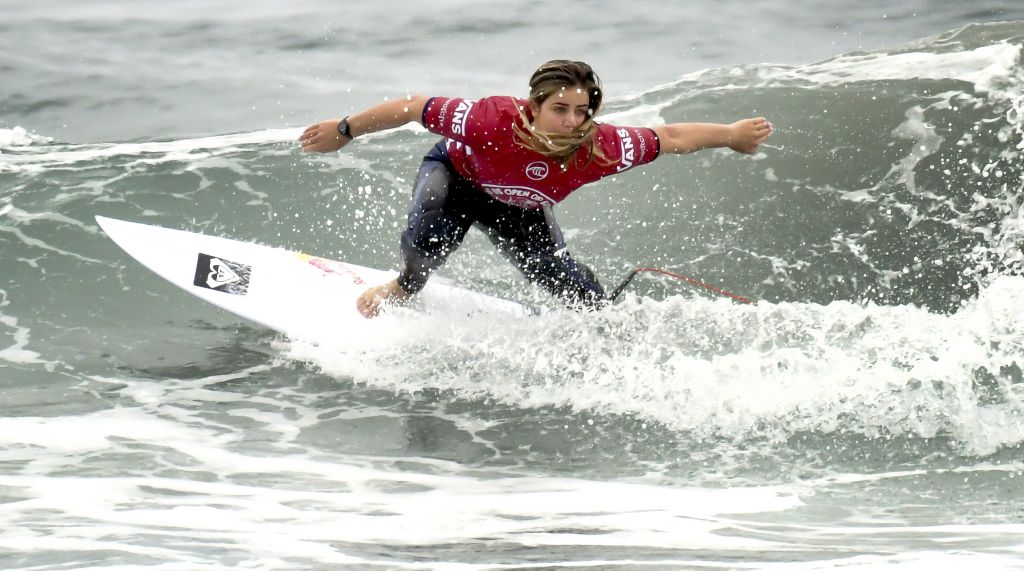
Surfing will make its debut at the Olympics in 2020. With the sport’s global coming out party in Tokyo less than a year away, corporate sponsors are climbing aboard the World Surf League.
Coming into 2019, WSL already had global sponsors such as Anheuser-Busch and Jeep. With the Olympics on the horizon, the league signed an array of new ad partners this year, including Harley Davidson, Boost Mobile, Red Bull, BFGoodrich and the New York State Division of Tourism.
Harley-Davidson, for example, became the official motorcycle of WSL. “From Wheels to Waves, it’s about what we ride,” declared the motorcycle giant in a video announcing the partnership. “Who we are comes alive — on the ride.”
Boost Mobile title sponsored the league’s opening event in Australia. General Manager Jason Haynes praised WSL’s decision to pay male and female surfers equal prize money.
“The gender equity policy changes in surfing are important, they matter to our customers, competitors and the community at large,” Haynes said in a statement.
Meanwhile, the WSL’s current TV and digital media deals with FOX Sports and Facebook expire after this year.
WSL Chief Marketing Officer Pri Shumate confirmed she’s looking “across the board” at current and potential media partners.
“We have had incredible success with both Facebook and Fox. Facebook has expanded our audience in the digital universe in a huge way. Obviously, our linear audience has grown as well through Fox. Both of those have been incredible partnerships for us.”
The WSL hopes the Olympic spotlight can do for surfing what the Olympic rings did for snowboarding at the 1998 Olympics.
The two youthful sports have a lot in common. Like surfing, snowboarding was regarded as an outlaw sport back in the 1990’s. The traditional alpine sports establishment looked down their nose at snowboarders, even banning them from many ski resorts.
That all changed when snowboarding made its Olympic debut in Nagano, Japan in 1998. Fans loved the fearless, high-flying athletes and rock ‘n roll atmosphere. When budding superstar Shaun White won the halfpipe gold medal at the Torino Olympics in 2006, snowboarding went global. In the WSL’s ideal world, surfing would boast the same crossover appeal.
“Imagine the next Shaun White is a surfer? That’s the level of opportunity we feel we have,” noted Shumate. “And how amazing would it be if the next Shaun White were a female surfer? We have so many good storylines going into the Olympics.”
Among the intriguing young athletes poised for possible stardom: 17-year old Caroline Marks, the youngest female to ever compete in a WSL event.
The Florida teenager stormed past three-time world champion Carissa Moore and seven-time champ Stephanie Gilmore to capture the Boost Mobile Pro event in Australia this year.
Marks claimed the $100,000 first place prize as the WSL made good on its pledge to pay male and female pros equal prize money.
READ MORE: Surf’s Up – And So Are World Surf League’s TV And Digital Media Rights
The surf world is also waiting to see whether 47-year old Kelly Slater will qualify for the Olympics. The 11-time world champion’s quest for gold would give NBC Sports a compelling storyline, particularly with middle-aged TV viewers who love watching the Olympics.
“We think our No. 1 job with the Olympics is to elevate our athletes. Because our athletes are going to be the ones that make the bridge between the Olympics and the World Surf League,” said Shumate, who previously directed marketing for Nike’s global running business.
The oceans are inherently unpredictable. So WSL is not going to waste time obsessing about the surf conditions in Japan.
During a test event in July, surfers were greeted by small waves, heavy fog and a sea turtle laying its eggs on the beach.
READ MORE: World Surf League Rides Airbnb, Facebook And Jeep Partnerships Into Summer ’18
Shumate would be the first to admit Japan’s not a surf mecca compared to Southern California, the North Shore of Hawaii or the Gold Coast of Australia. But the show must go on.
“People are worried: ‘Are the waves going to be good?’ Well, I’m less interested in whether the waves are going to be good. These athletes are going to go in there – and they’re going to rip,” she said. “If we tell their stories right leading up to the Games, people are really going to fall in love with what the sport is. Which is very much about variability. And the unknown.”
